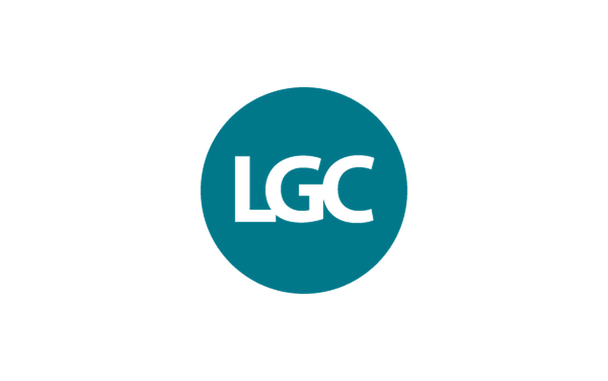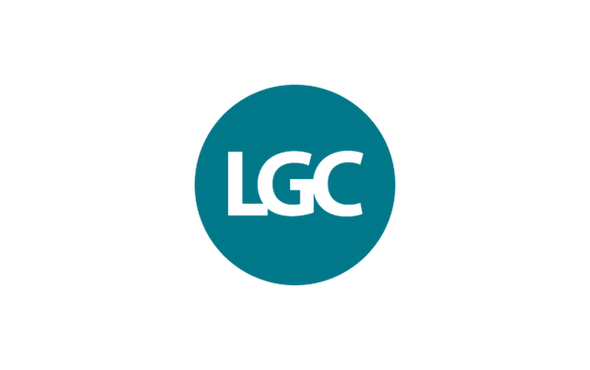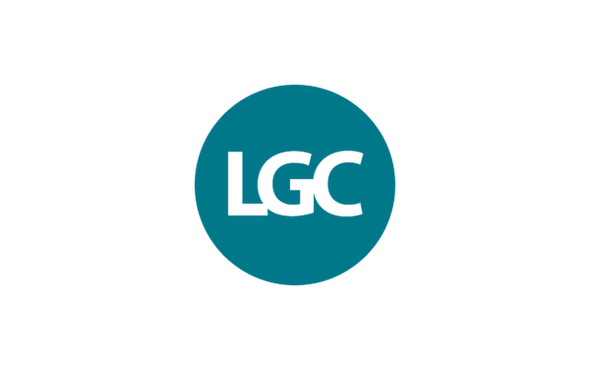Description
DENGUE VIRUS SEROTYPE 1 DIII ENVELOPE PROTEIN
Dengue virus serotype 1 DIII envelope protein is a recombinant protein manufactured in E. coli with greater than 95% purity.
PRODUCT DETAILS – DENGUE VIRUS SEROTYPE 1 DIII ENVELOPE PROTEIN
- Dengue virus serotype 1 DIII envelope protein.
- Recombinant protein expressed in E. coli. Supplied in 20mM Carbonate buffer pH9.6.
- Molecular weight approximately 11.3 kDa.
- >95% purity as determined by SDS-PAGE.
- Suitable for use in ELISA, Western blotting and lateral flow assays.
BACKGROUND
Dengue virus is a member of the flavivirus family, which includes Zika virus, West Nile virus and Japanese Encephalitis virus. Many of the proteins expressed by these viruses are very similar, and serological testing for these viruses can be complicated by problems of cross-reactivity. In this context, the use of highly purified antigens, that are glycosylated and folded as native proteins can be highly important in the development of accurate immunoassays.
Dengue infection is caused by any one of four related Dengue virus serotypes DENV1-4, which are transmitted by mosquitoes and co-circulate in endemic areas. With more than one-third of the world’s population living in areas at risk of transmission, dengue infection is a leading cause of illness and death in the tropics and subtropics (WHO for Guidelines for Diagnosis, Treatment, Prevention & Control, 2009). As many as 100 million people are infected yearly. There are no vaccines available to prevent dengue virus infection. Therefore, early diagnosis of dengue and dengue serotypes is a vital step in patient management.
Dengue virus envelope protein is a major structural glycosylated protein that forms homodimers on the virion surface. Each envelope protein is organised into three domains, the central domain DI, the dimerization domain DII and an immunoglobulin-like domain DIII. Envelope protein DIII is reported to be a receptor-recognition and binding domain, and an important target for the human immune response (Matsui, K et al). The DIII domain is highly immunogenic and elicits the production of neutralising antibodies against the wild-type virus.
E106 is a therapeutic mAb that binds to DENV-1 and DENV-4 infected cells and neutralizes infection of all five DENV-1 genotypes, without neutralizing DENV-2, 3 and 4 serotypes or West Nile virus (Shrestha et al., 2010). The crystal structure of E106 Fab in complex with DENV-1 envelope DIII has been resolved to 2.45 Å, revealing nine contact residues, five of which are thought to be essential recognition determinants (Edeling et al., 2014). Comparison of the DIII structure in complex with Fab versus unbound DIII revealed a conformational difference in residue T329; this is significant as a recently identified E106 MAb neutralization escape mutant showed a T to A amino acid change at position 329 (Shrestha et al., 2012).
REFERENCES
- Dengue: guidelines for diagnosis, treatment, prevention and control. WHO, 2009.
- Edeling et al. (2014). Potent dengue virus neutralization by a therapeutic antibody with low monovalent affinity requires bivalent engagement. PLoS Pathog.10(4):e1004072.
- Matsui K, Gromowski GD, Li L, Barrett AD. (2010). Characterization of a dengue type-specific epitope on dengue 3 virus envelope protein domain III. J Gen Virol. 2010 Sep;91(Pt 9):2249-53.
- Shrestha et al. (2010). The development of therapeutic antibodies that neutralize homologous and heterologous genotypes of dengue virus type 1. PLoS Pathog. 6(4):e1000823.
- Shrestha et al. (2012). Complex phenotypes in mosquitoes and mice associated with neutralization escape of a Dengue virus type 1 monoclonal antibody. Virology. 2012 Jun 5; 427(2):127-34.






